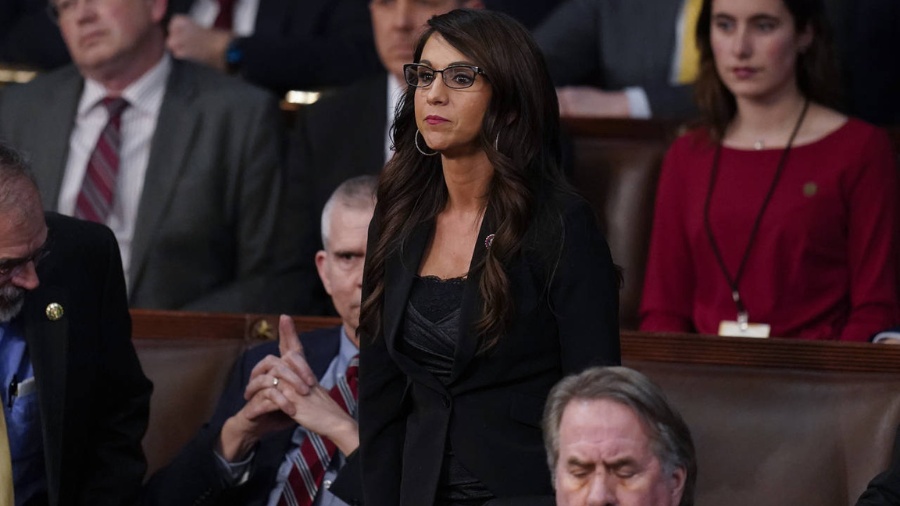Drug Policy Alliance Exec: Drug treatment should be incentivized, not forced
Mar 31, 2021, 2:41 PM

Heroin prepared in a syringe. (Spencer Platt/Getty Images)
(Spencer Platt/Getty Images)
The Washington Post has been running a series about reimagining public safety, and one of the guest columnists is Kassandra Frederique, the executive director of the Drug Policy Alliance. She believes it’s time to once and for all end the war on drugs, and joined Seattle’s Morning News to discuss why.
“Because we are in the middle of a harrowing overdose crisis. We are in the middle of a racial reckoning, a conversation and a movement around changing policing in this country. And we know all those things are influenced by our choices around drugs,” Frederique said.
“And so we are pushing to end the drug war, and for us that means not just ending the arrest for simple possession and low level sales, but us having a meaningful conversation about how do we disrupt the logic and the assumptions that undergird so much of our infrastructure — from people losing custody of their children, from people losing jobs or not being able to get jobs because of drug tests, we want to remove the drug war wholesale from our lives and actually put something that’s more meaningfully about support,” she added.
Former WaMu CEO: Feds are taking us toward another housing bubble
Considering this approach, how do you balance the message to younger generations of avoiding drugs, while also sending the message of help and drug treatment if they do develop an issue?
“It’s about giving young people education and information, and having real conversations about what the risks are. Currently, young people dying of overdose don’t have any idea how to make sure they can make their choices less risky,” she said. “And there’s a lot of stigma, so people aren’t willing to share or ask questions.”
“And so what we’re offering is giving parents a tool set that’s actually probably more useful, and will only strengthen relationships,” she added.
For Frederique, we need to negotiate the line between attaching stigma to drugs and educating the community about the risks.
“How do we remove criminalization and punishment, and surveillance, and stigma from drugs? And then there’s another conversation that’s about how do we actually deal with drugs in our community and build a community that’s not based in stigma, but is actually based on science, compassion, and human rights,” she said.
Bainbridge Island man says he experienced COVID-induced psychosis
As KIRO Radio’s Dave Ross noted, in Washington state, the Supreme Court basically just declared the law that said you could be arrested for the mere possession of drugs unconstitutional. But that law was being used to offer a drug court option to people who were caught with small amounts of drugs, so that they would be offered therapy on pain of going to jail, if they didn’t do the therapy.
Some people have credited this with getting them to break the habit because they were given this choice and basically forced into rehab. If you take away that tool, is there a worry you might lose some people?
“I think one of the things that we often say is that we put so much money in the criminal justice system that if we actually took that money out of the criminal justice system, we’d actually have more options as opposed to less,” Frederique responded. “I’m a social worker, and one of the things that I will say is that love is not supposed to hurt. For us, we don’t believe in forcing people into treatment.”
“I think it’s a cop-out for our larger conversation in our society why we have to force people into treatment. Why isn’t treatment and rehab something that’s incentivized for people? Why do we have to force them into something that’s good for them? I think it’s about giving people options and making it more attractive to people,” she added.
Listen to Seattle’s Morning News weekday mornings from 5 – 9 a.m. on KIRO Radio, 97.3 FM, and on your smart speaker as well. Subscribe to the podcast here.














